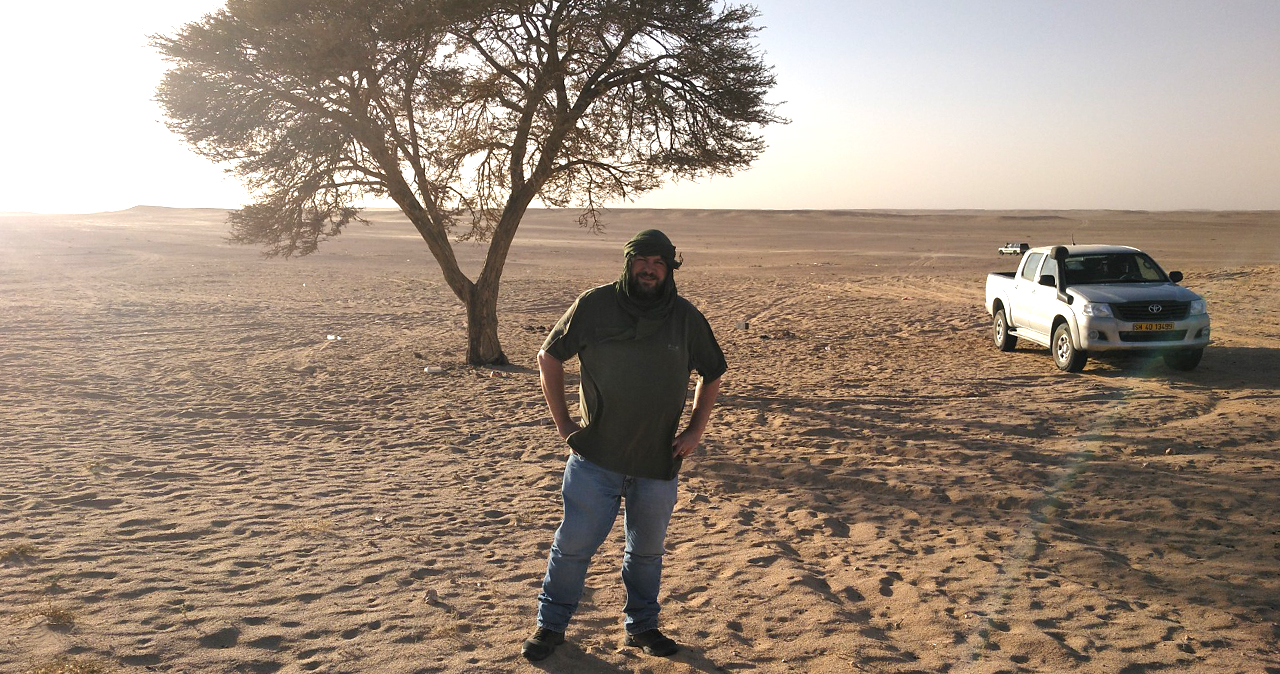It was 1997, and Francisco Raigón (Class of 2001, Spain) only had his final project left to graduate as an Agronomist at the Polytechnic University of Valencia. He was so close, yet he didn’t hesitate when he heard about a scholarship opportunity from the Spanish Agency for International Development Cooperation (AECID in Spanish) to study – the same degree – in Costa Rica. There were two spots available, and he and his lifelong friend, Pedro Fernández (Class of 2001, Spain), decided it was a good time to start an adventure that would bring them closer to their goal: working in international cooperation for rural development, human rights, and food security.
They ended up not graduating in Valencia, but both were admitted to EARTH. They found out in early January 1998, just a few days before taking a long flight across the Atlantic Ocean to reach a lush jungle that would become their home. They arrived a few weeks late and missed orientation sessions, but just as they were arriving at the Guácimo Campus for the first time, a sloth crossed their path. They took it as a good omen and an iconic welcome to a new chapter in their lives that would change them forever.
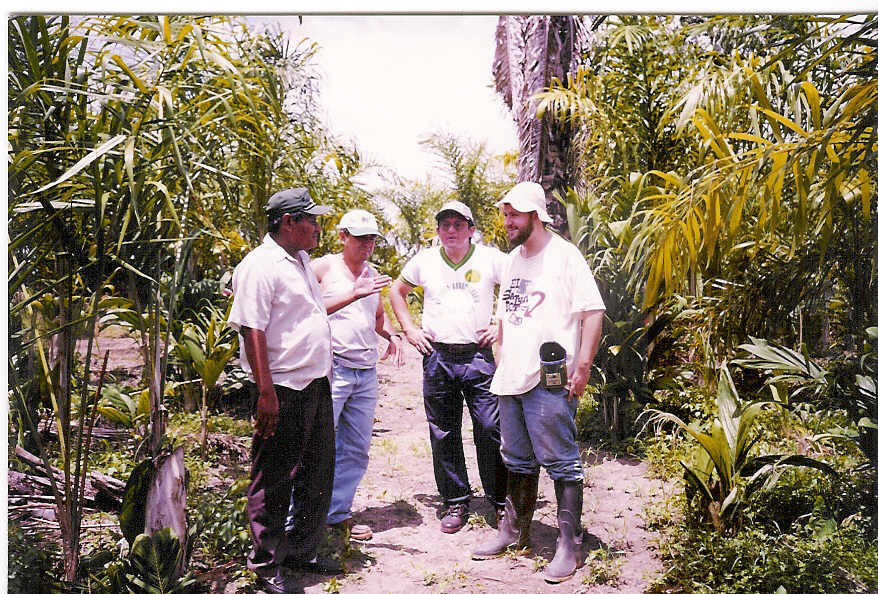
“At first, we went with no expectations. We were amazed by the human quality and the educational program, the learning-by-doing. We were practically Agronomists by then, but, something that astonished me, for example, was Introduction to Mathematics in the first year, led by Professor Leslie Villalobos. We learned how to integrate the knowledge base of many classmates who had very different backgrounds – some came from the best high schools in Latin America, and others from rural areas. I was impressed that we all helped each other understanding things from the beginning. I was about to finish my degree and had never planted anything in my life. The first thing I learned in Work Experience was how to sharpen a machete,” Francisco recalls.
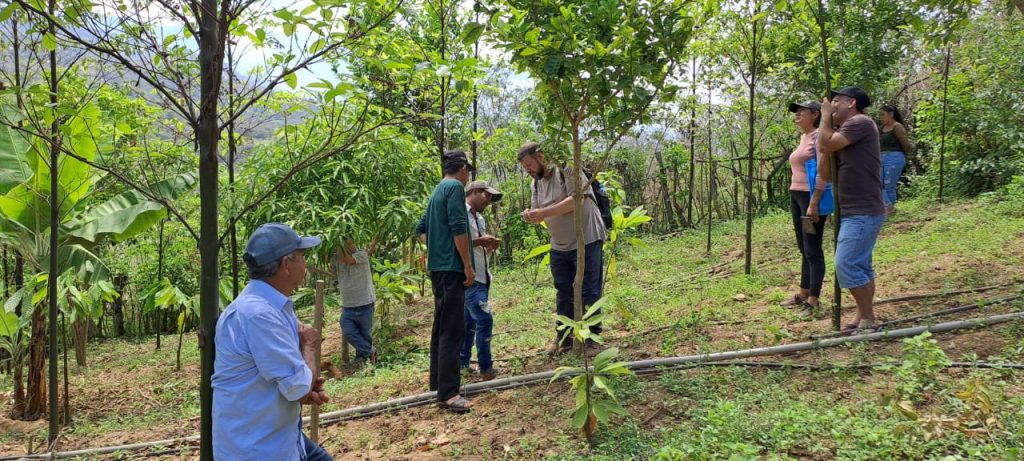
A Failure and a Success
Francisco completed his third-year Professional Internship in Peru, where he collaborated on an agro-industrial development project in the Amazon. In that community in the middle of the jungle, he shared his knowledge with local farmers to harvest hearts of palm and managed to improve yields by 50%. However, he realized that it wasn’t enough to just increase production figures: when farmers began to increase their income, many spent it on alcohol. To him, this was a reflection of deep deficiencies and human needs that are not resolved solely with money or through learning better agricultural production techniques. That moment taught him that food security also involves addressing life systems through education and the development of socio-emotional skills to help people build a healthier and more sustainable future.
That same experience also brought him great satisfaction. A cocoa cooperative he helped establish managed to launch high-quality Peruvian chocolate to the market. Twenty-three years later, on a work trip to Peru, Francisco went to a supermarket and found that chocolate on the shelves. For him, that was the true achievement: seeing how sustained rural development work could provide stable income and opportunities for communities, even over time.
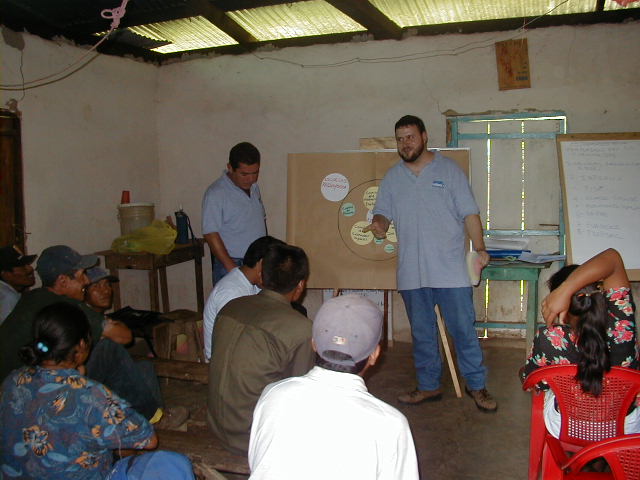
A Commitment to Humanity
At EARTH, Francisco discovered that being an Agronomist went far beyond working with plants. It was also about working with and for people. In his professional career, this has been reflected in the international cooperation projects in the diverse and complex contexts he has worked in: from refugee camps in Western Sahara and Burkina Faso to conflict zones in Palestine and the Philippines. His work was more than increasing agricultural yields – it was about improving the quality of life for people whose circumstances left them in situations of extreme vulnerability. With each project, his vocation became clearer: he didn’t only work for agriculture itself, but for the human beings who depend on it.
Both he and Pedro have held various positions with NGOs in many places around the world. He considers himself very fortunate, as he has been able to develop practically his entire professional career in what he considers his vocation: international cooperation for development. He currently works for Fundación de Reliosos para la Salud, an organization that implements projects in the Philippines, several African countries, and Latin America.
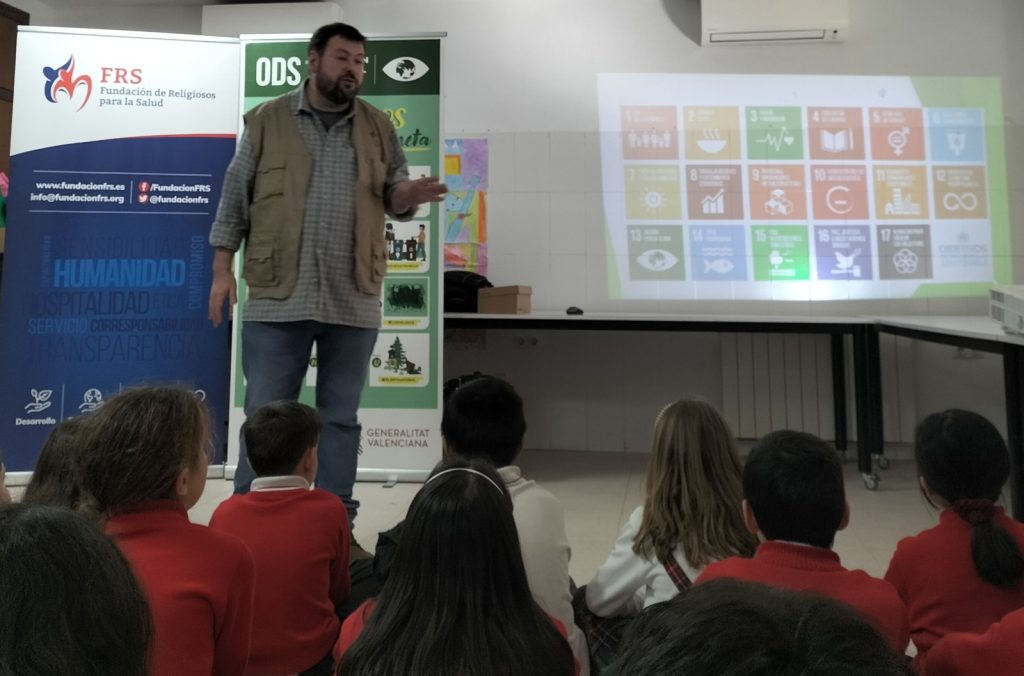
“What does an Agronomist do in a refugee camp in the Sahara? Manage resources to improve the quality of life for those living with fewer resources, with diminished rights, and without a recognized state. And in a refugee camp in Burkina Faso? Ensure that humanitarian aid reaches those who need it, guaranteeing safety for people in completely different situations. What does an Agronomist do in any context? Analyze the environment, identify problems, and work on solutions. I haven’t dedicated myself to innovation or research, but to supporting the civil society of the countries I’ve worked in, strengthening their food security and sovereignty, creating bonds of collaboration and cooperation between the global north and south, and building bridges so that families can access necessary food at any time of year,” he adds.
For Francisco, Agricultural Sciences are not just a profession – they are a vocation and a deep commitment to humanity. And if there is a need, he is willing to walk the most challenging paths, cross rivers, and plant seeds of change that will last for generations to come. All of this, with the passion that makes him who he is.
